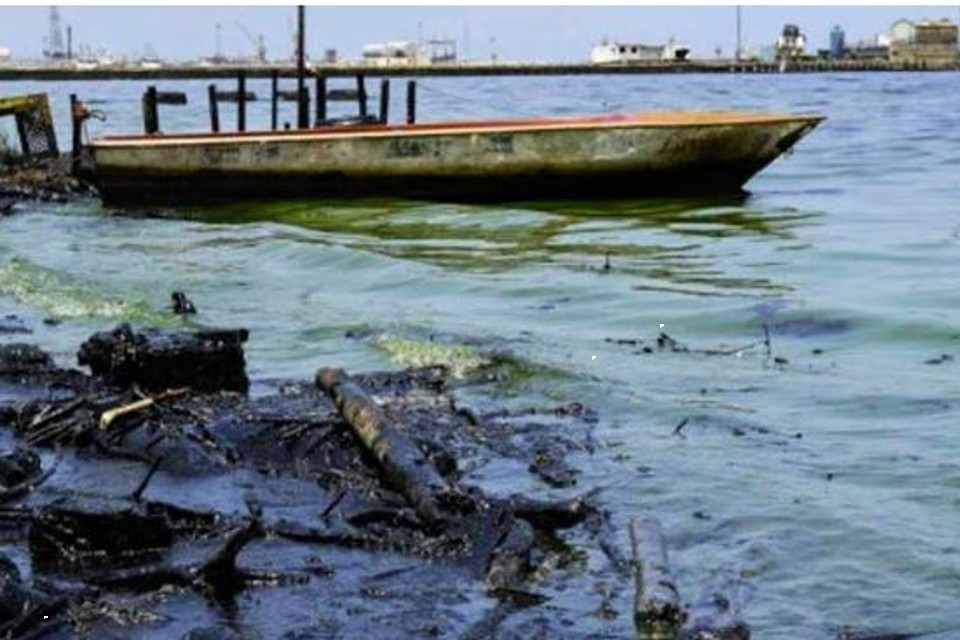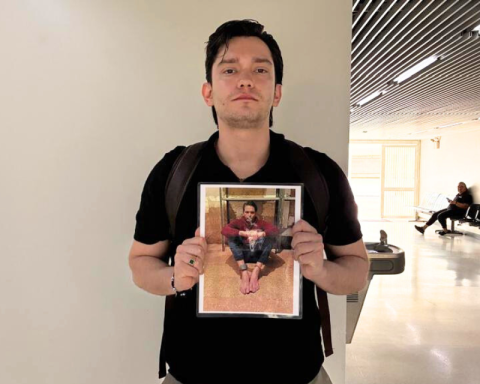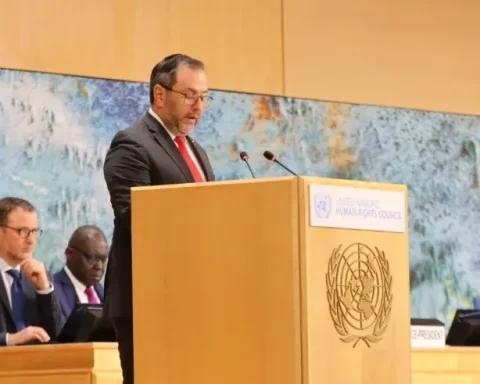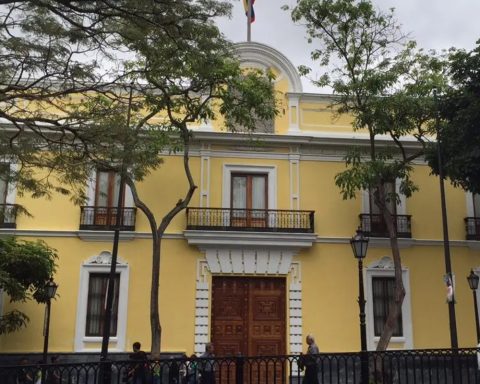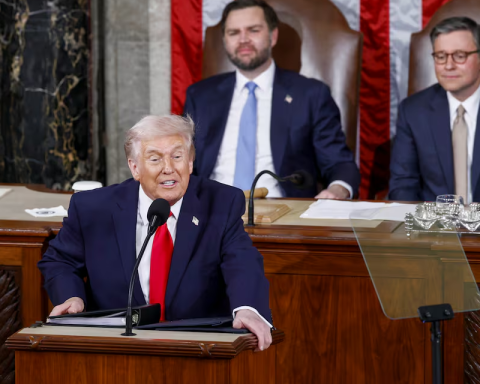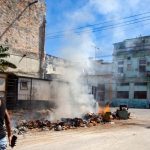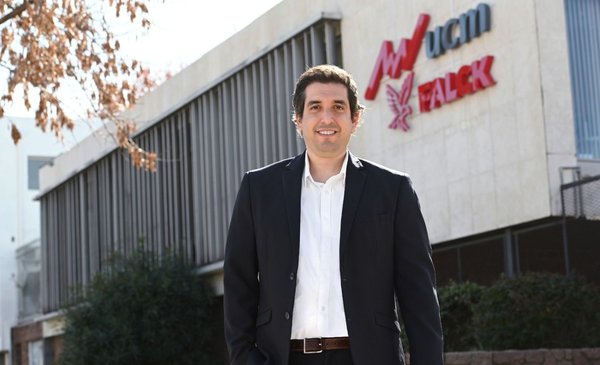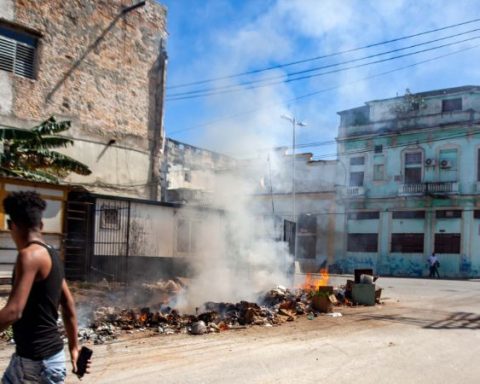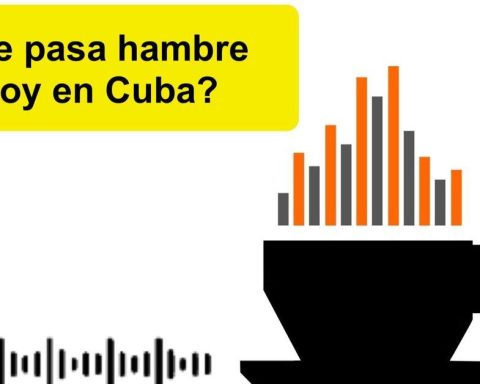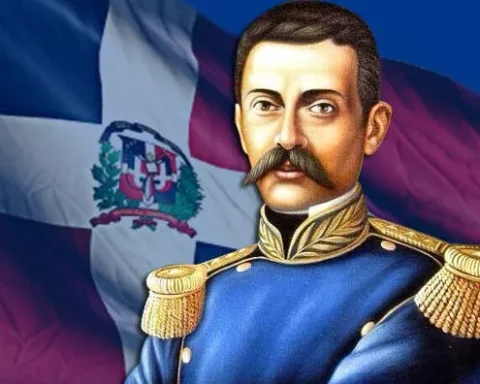The contamination of Lake Maracaibo in Zulia is visible from the surface and contemplates an environmental crisis in the state, as it affects marine fauna, a source of fresh water and even tourism in the region
The Azul Ambientalistas Foundation denounced this Thursday the “state of emergency” in which Lake Maracaibo is located due to oil spills that are affecting the lake economy and people’s health.
The activist José Sandoval, a member of the foundation, explained that the contamination from oil spills in the Lake, which is visible from the surface, “totally destroys” the bottom of this fresh water source and “kills all” kinds of animals. .
“It is more than evident that this is a state of emergency (…) in any part of the world this would be decreed as a state of emergency and here they play oblivion,” said Sandoval, who asked the national government to act quickly in this rich region in oil.
The constant oil spills, he continued, “paralyze the economy”, while tour operators cannot work in the area and have had to suspend contracts due to contamination.
For his part, fisherman Émery Delgado pointed out that these damages are not new, but this time he is concerned because the size of the oil slick is greater than in previous years, and the season in which the spills spread has not yet begun. make them visible in Maracaibo.
“This stain is very big (…) it will happen to the Caribbean Sea,” predicted the man who has been fishing in Zulia for 37 years.
At the beginning of the month, environmental organizations warned about a kilometer-long oil slick in Lake Maracaibo, which has been affecting marine life in Zulia ever since.
So far this year, there have been at least 24 oil spills on the Venezuelan coast, for which different organizations and affected individuals have demanded responses from Petróleos de Venezuela (PDVSA), without any concrete responses.
* Also read: Fishermen in Falcón continue to protest oil spills on the coasts
At the beginning of the month, the Observatory of Political Ecology (OEP) accused the Nicolás Maduro administration of not adequately dealing with the socio-environmental impact caused by the repetitive oil spills, in addition to denouncing “low-profile projects” that worsen the situation with the consent of the State.
“In Venezuela, low-profile policies and projects have been maintained, backed by hidden capital, which are silently destroying ecosystems, as is the case with new tourism, industrial, and agro-industrial projects,” they warned.
*With information from EFE
Post Views: 82
